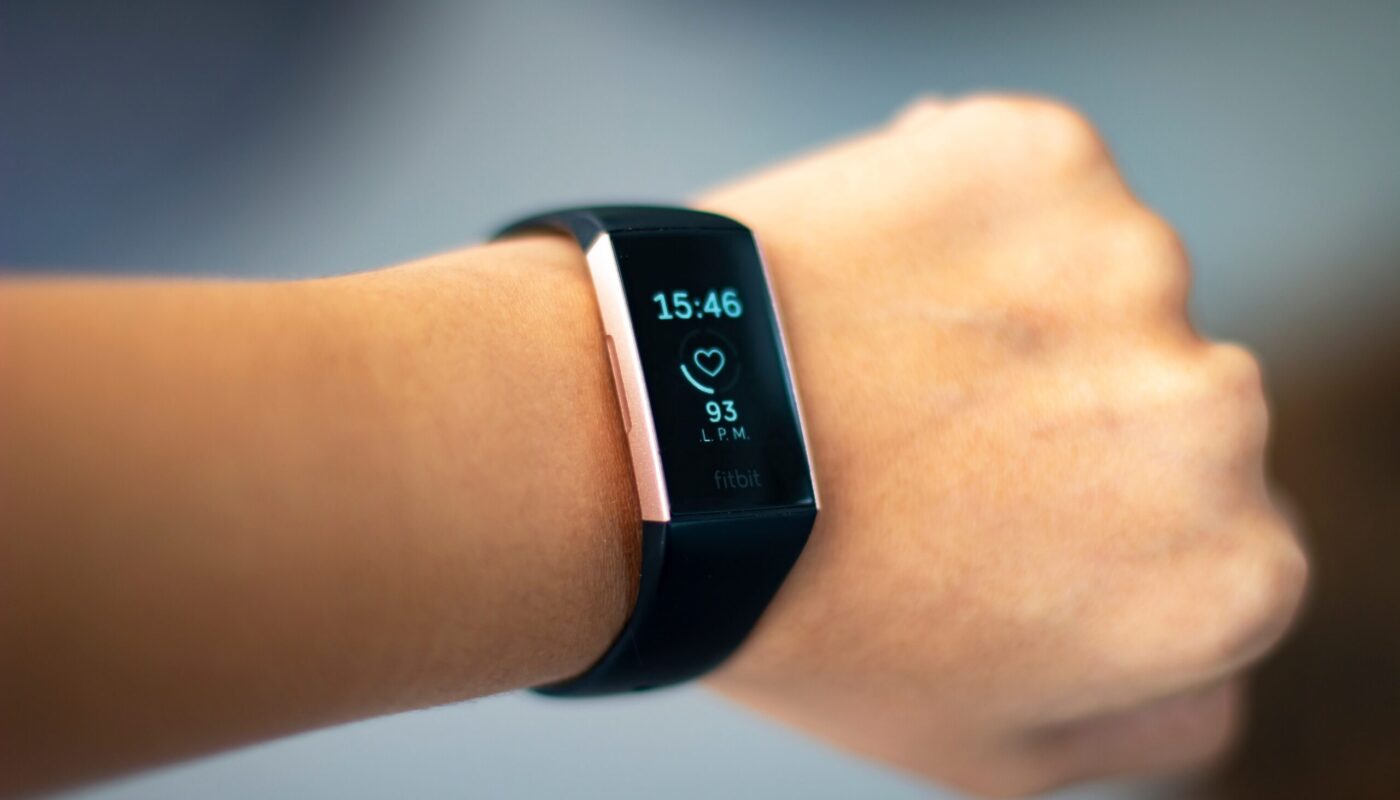Researchers from the University of Vermont have conducted a groundbreaking study published in PLOS Digital Health, demonstrating the ability to detect changes in stress levels during sleep using wearable devices. This research marks an important advancement towards identifying biomarkers that could help identify individuals who may require additional support.
Lead author of the study, Laura Bloomfield, a research assistant professor of mathematics and statistics, noted the critical importance of sleep to both physical and mental health. The study revealed that changes in perceived stress levels could be observed in sleep data, hinting at potential signals that exist within this information.
The researchers analyzed baseline sleep data and discovered consistent associations between individuals’ perceived stress scores and various factors such as total sleep time, resting heart rate, heart rate variability, and respiratory rate. While it is not surprising that most participants did not meet the recommended eight to 10 hours of sleep for young adults, the study highlighted the impact of additional sleep hours on stress levels. For each additional hour of sleep recorded, the likelihood of reporting moderate-to-high stress decreased by 38%.
The study utilized the Lived Experience Measured Using Rings Study (LEMURS), a longitudinal research project initiated at UVM in 2022. This study tracked hundreds of first- and second-year college students using Oura ring biosensors and surveys to monitor their well-being. The findings demonstrated that data collected from wearables could provide insights into individuals’ mental health status.
By analyzing data from the Oura ring, the study revealed that sleep measures could predict participants’ perceived stress levels. This real-time detection of increased stress levels could potentially lead to timely interventions to provide support to individuals in need. The researchers emphasized the importance of understanding the connection between sleep measures and mental health indicators to implement effective interventions.
The LEMURS project aims to improve young people’s health and well-being by leveraging wearable technologies to offer personalized health feedback. College students, who often experience inadequate sleep and high levels of stress, are particularly vulnerable to mental health challenges. The research team intends to evaluate various interventions such as exercise, nature excursions, and group therapy to determine their effectiveness in enhancing health and well-being among this population.
Gathering and analyzing biometric data from wearable devices is crucial in identifying clear signals for addressing changes in physical and mental health. LEMURS participants wear Oura rings to monitor parameters such as temperature, heart rate, breathing rate, and sleep duration. This data, along with location information and subjective survey responses, is scrutinized by researchers to develop effective health interventions.
The study’s findings underscore the potential of wearable technology in monitoring stress levels during sleep and offering timely support to individuals experiencing heightened stress. By utilizing innovative approaches and analyzing vast amounts of data, researchers aim to enhance the well-being of college students and address mental health challenges in this population. The ultimate goal is to provide accessible support systems for young adults during critical periods of transition and stress.
Note:
1. Source: Coherent Market Insights, Public sources, Desk research.
2. We have leveraged AI tools to mine information and compile it.



